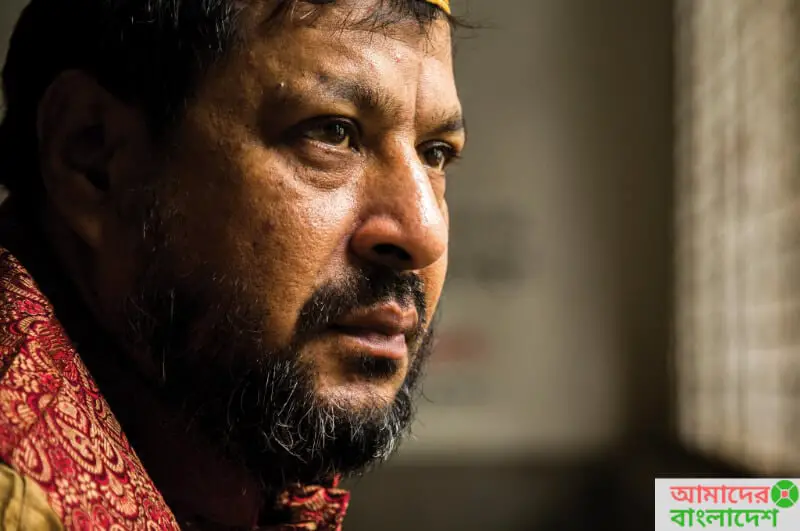Rohingyas are a Muslim minority who live in Myanmar. Unfortunately, Rohingya Muslims are regarded as illegal migrants from Bangladesh by the Myanmar Buddhists. The Rohingyas have lived in Myanmar for generations and they have also experienced ethnic and religious persecution in Myanmar for decades. Recently violence in Myanmar made the Rohingyas fled to other countries in Southeast Asia, especially in Bangladesh.
According to the UN Refugee Agency, more than 723,000 Rohingya have fled to Cox’s Bazar district in Bangladesh since 25 August 2017. As of today, 860,000 stateless Rohingya refugees live in Kutupalong, Cox’s Bazar which is the world’s largest and most densely populated refugee camp. The living condition of the refuse camp is beyond description. Non-profit organizations and concerned countries Worldwide provide life-saving humanitarian assistance to these Rohingya refugees every year including nutrition services, health center support, shelter and sanitation supplies, and disaster risk reduction.
Facts About Rohingya Refugee Crisis In Bangladesh
The U.N. High Commissioner for Refugees described the Rohingya refugee crisis as “the most urgent refugee emergency in the world.” Below are some key facts from WorldVision that you should know to realize how terrible the crisis is:
1. About 860,000 Rohingya live in the world’s largest and most densely populated refugee camp in southern Bangladesh.
2. About 1.3 million people including both refugees and local community members are required humanitarian assistance.
3. From April to November, heavy monsoon rains make life more perilous for refugees in the overcrowded camps.
4. Children in the camps need access to formal education, and parents deserve the right to earn a living to support their families.
How To Help The Rohingya Refugees
We already know that many non-profit organizations have set up refugee camps in Bangladesh to help and protect the Rohingya People. They are providing food, shelter, drinking water, medicine, and other lifesaving help to protect these people. However, these organizations require non-stop help from people around the world to continue their work. So if you are willing to help the Rohingya Refugees then below are six organizations that you can donate to help the Rohingya people.
Action Against Hunger
This is a food-focused nonprofit organization and it is responding to the Rohingya crisis with 700 staff members and 1,000 volunteers on the ground in Bangladesh. They are providing hot meals and drinking water to the people of the Rohingya camp. Action Against Hunger is working in Bangladesh since 2007 and they are partnering with many local organizations and international groups in distributing food and water. Action Against Hunger –
1. Is delivering more than 83,000 hot meals and 551,479 liters of safe water to Rohingya refugees
2. Providing Emergency health care and lifesaving treatment for acute malnutrition
3. Preventing outbreaks of waterborne disease and improving sanitation
4. Providing psychological first aid to Rohingya people whose health and well-being has been impacted by the trauma, violence, and shock
5. Has mobilized 400 humanitarian staff and more than 500 community volunteers to Cox’s Bazar to respond to the emergency
BRAC
BRAC was ranked the No. 1 nongovernmental organization in the world by NGO Advisor. They are providing food, water, and educational help to the Rohingya people. BRAC is suitable to help the Rohingya refugees because many staff members speak a language similar to that of the Rohingya in Rakhine State. BRAC has also trained 800 Rohingya refugees as volunteers. BRAC has –
1. Provided shelter for 167,000
2. 100,000 children supported through child-friendly spaces
3. 21,063 latrines are constructed to provide a hygienic solution for human waste
4. Provided 1.3M outpatient screenings in community health outlets
5. Organized 1,879 community awareness meetings
6. 61,185 children and adolescents registered in learning centers
7. 10,532 psychosocial support services delivered by a skilled staff
8. 110,276 households received vegetable seeds
UNICEF
UNICEF is prioritizing saving the children and providing shelter, food, and water to protect children and women. UNICEF is trying to install water pumps and deep tube wells in the camps to solve the drinking water problem. The support from UNICEF included –
1. Education services for nearly 220,000 children between the ages of 4 and 14
2. Newborn stabilization units where over 4,600 sick babies received treatment and lifesaving care
3. Pentavalent 3 vaccinations to protect over 37,000 babies 11 months and under from diphtheria, tetanus, whooping cough, hepatitis B, and Haemophilus influenza type b (DTP-hepB-Hib)
4. Nutrition-enhancing Vitamin A supplements for over 150,000 children under 5
5. Clean, safe drinking water for 400,000 Rohingya refugees
6. Counseling and emotional support for nearly 80,000 children
CARE International
This organization was founded in 1945 and since then it has been working in 104 countries around the world, saving lives in emergencies and finding long-term solutions to poverty for millions of people every year. In Rohingya camp CARE International is distributing food, supporting a health clinic, treating children for malnutrition, and supporting survivors of gender-based violence. CARE International provided supports that includes –
1. Food items to 106,100 people and cooked food for 18,250+ people
2. Provides shelter kits for more than 22,000 people
3. Install 81 deep tube wells to provide drinking water for people
4. 65,000 men, women, and children received primary and reproductive health service
5. Children under five with malnutrition received treatment and service
Doctors Without Borders
Doctors Without Borders also known as Médecins Sans Frontières is providing additional medication to help treat the tide of refugees coming over the Myanmar border into Bangladesh. They have built two clinics in the region to provide medical support. However, they require more medical teams to better serve the refugees. The help provided by the Doctors Without Borders are –
1. More than 1.3 million medical consultations from August 2017 to June 2019
2. Provided treatment for respiratory infections, diarrheal diseases, and skin diseases
3. Constructed more sustainable latrines, drilling boreholes, and tube wells
4. Organized vaccination campaigns for preventing outbreaks of cholera and measles
UNHCR
UNHCR is the refugee agency for the United Nations and it has been working with Rohingya migrants since 1978. It has been providing critical humanitarian aid to the Rohingya refugees. UNHCR is providing day-to-day support including resilience, education, registration, etc. The support from UNHCR included –
1. Shelter kits for more than 80,000 refugee families
2. Built 32 kilometers of brick roads and footpaths
3. Constructed 45 kilometers of steps across the settlement
4. 63 kilometers of retaining walls and structures have been built
5. Prepositioned 116 storage containers with emergency aid
6. Upgraded 20 community buildings and facilities for Rohingya refugees
The sudden influx of refugees has led to an increase in crime and an acute lack of resources on the part of government officials. It is estimated that 3 million Rohingya will arrive in Bangladesh over the next two years if things continue as they are.
The United Nations considers the Rohingya as one of the most persecuted minorities in the world with a population of approximately 1 million people living in Myanmar. For decades, they have lived in fear of ethnic discrimination, religious persecution and state-sponsored violence.
Help them if you can.
Let the humanity to survive.

